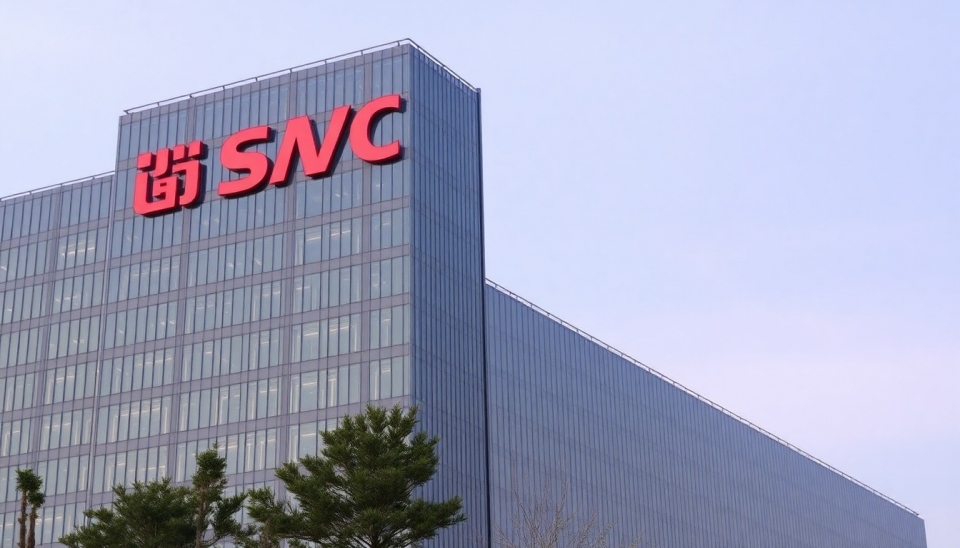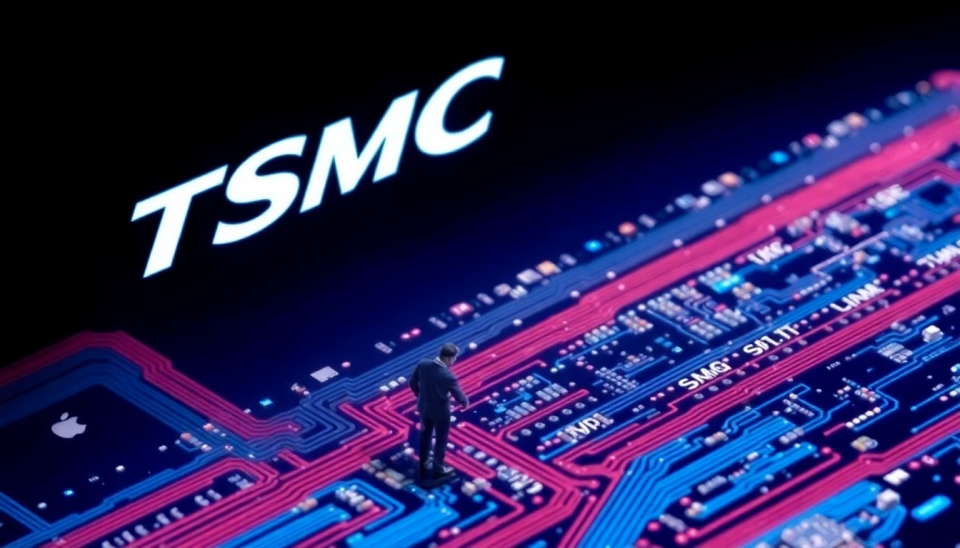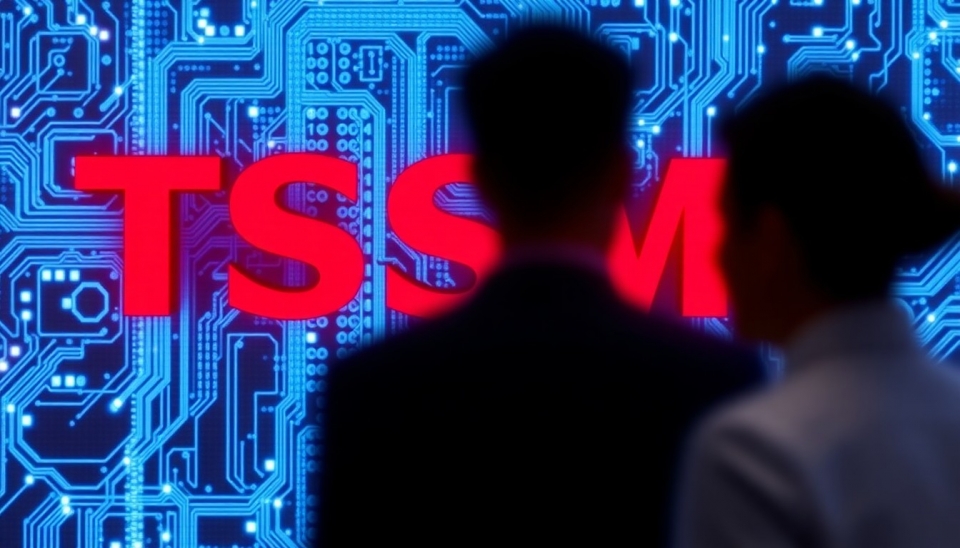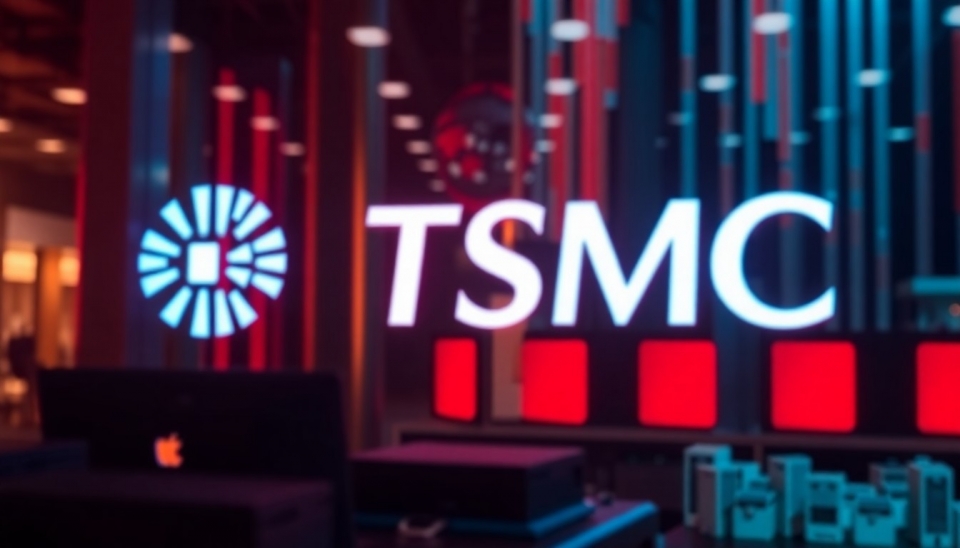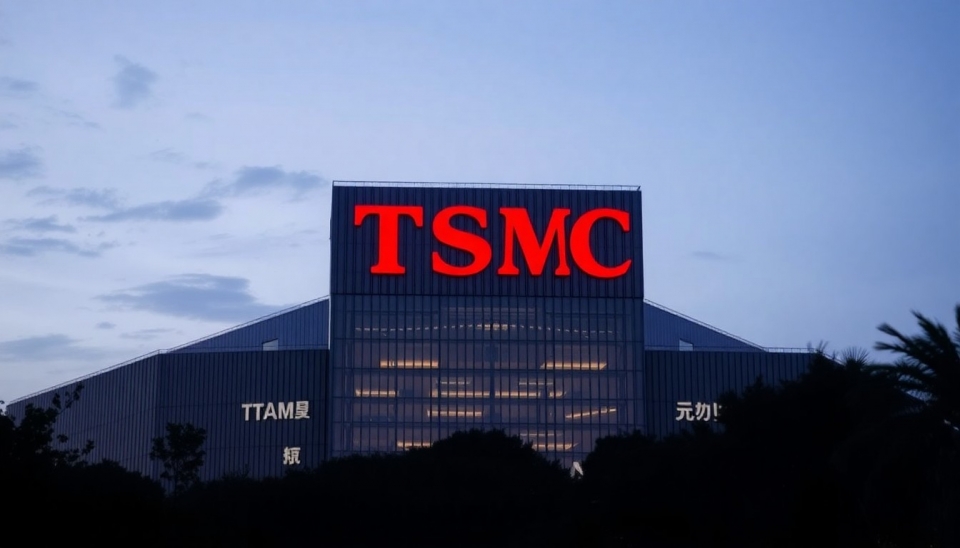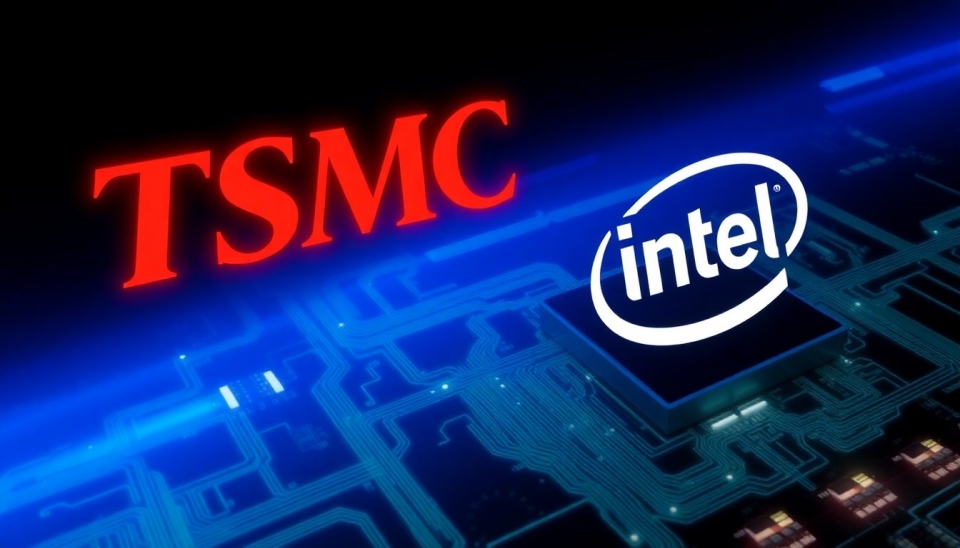
In a decisive statement that has sent ripples across the semiconductor industry, Taiwan Semiconductor Manufacturing Company (TSMC) has firmly dismissed ongoing rumors regarding a potential technology-sharing arrangement with Intel. The company explicitly stated that it has no intention of engaging in such a partnership, effectively putting to rest speculation that has circulated in light of Intel's recent challenges in ramping up its manufacturing capabilities.
These assertions from TSMC come in the wake of increasing interest in the dynamics between the two giants of the tech world. Many industry analysts had speculated that a collaboration might be on the horizon as both companies navigate a landscape increasingly dominated by demand for advanced semiconductors. TSMC’s swift rebuttal emphasizes its strategic direction centered around independence and its focus on its prolific production capabilities.
TSMC, recognized globally as a leader in semiconductor manufacturing, has consistently maintained its status through innovation and superior technology, surpassing competitors like Intel in several key aspects. Intel, once unrivaled, now faces significant hurdles including delays in the transition to newer manufacturing nodes, which has amplified discussions surrounding potential partnerships as a means of strengthening their production and technology arsenal.
The company further clarified that while it respects Intel as a key player in the industry, its growth strategy will not hinge on sharing technological advancements. This strategic move underscores TSMC's commitment to protecting its proprietary technologies, which have been integral to its operational prowess and success in the marketplace. The Taiwanese giant emphasized that it aims to enhance its technologies to maintain its competitive edge, ensuring that any collaborations, should they arise, will remain strictly within its carefully curated frameworks.
Industry experts have weighed in on TSMC's position, noting that the company’s refusal to share technology aligns with broader trends in the semiconductor sector, where intellectual property has become a paramount concern. In a landscape characterized by fierce competition, maintaining control over proprietary technologies is critical for companies looking to secure their place at the forefront of innovation.
The news also sheds light on Intel's current challenges. The company recently announced a series of setbacks regarding its manufacturing processes, prompting speculation that it may need to seek assistance or partnerships to regain a foothold in advanced technology production. TSMC’s solidified stance indicates that while Intel navigates these turbulent waters, it will have to rely on its own strategies and capabilities rather than looking to TSMC for support.
As the semiconductor industry continues to evolve at a rapid pace, the contrasting paths of TSMC and Intel may become more pronounced. TSMC is firmly rooted in its commitment to innovation and manufacturing efficiency, while Intel grapples with the implications of its strategic decisions in the face of increasing global competition. The outcome of these divergent paths remains to be seen, but TSMC’s unequivocal commitment to independence sets a clear standard in an industry where collaboration may be tempting, yet fraught with risks.
In conclusion, TSMC has made its position unmistakably clear: while Intel is navigating its own set of challenges, it will not find a partnership with TSMC on the horizon. This stance reaffirms TSMC's commitment to protecting its technological advancements as it continues to lead the way in semiconductor manufacturing.
#TSMC #Intel #SemiconductorIndustry #Technology #Manufacturing #TechNews
Author: John Miller
